
Recovery is an often overlooked but vital part of peak sports performance.
Many athletes think they can push their bodies beyond the limit without adequate rest, and others know their bodies require recovery but often place too little effort into making the most of it.
In reality, our bodies need the right time, rest, and perhaps most importantly, resources to perform at peak capacity.
Without proper recovery after exercise, your muscles and tendons won’t have time to heal from the damage caused during training or workout sessions, and your stamina and performance will suffer.
CBD is being investigated for numerous potential therapeutic effects, but early research has already shown CBD to be useful in supporting general health and wellness.
One area where CBD may prove of growing importance is in the world of athletics, specifically for sports recovery.
Cannabidiol, known more commonly by the acronym CBD, is one of over a hundred cannabinoid compounds, which are found in abundance in the cannabis plant.
Cannabidiol works with the body’s endocannabinoid system (ECS), a network of cannabinoid receptors in the nervous system, and, along with other cannabinoid compounds, binds with these receptors and help to keep the body’s internal functions running smoothly.
Despite being a relatively new discovery, we do know that CBD is safe for the vast majority of individuals, and the presence of the ECS within the body suggests that our body requires cannabinoids to function at its optimum level.
The full effects of CBD are still being investigated by scientific researchers across the globe, but it’s safe to say that it’s an all-natural, plant-based supplement and is perfectly safe to try as part of a balanced diet and training regime.
With all of the developments in sports science, it’s no secret these days that athlete’s bodies work like finely tuned machines.
The body needs protein to repair muscles after training sessions, ice baths help to reduce inflammation in joints and ligaments, and vitamins help to give the body everything it needs to fight off colds and illnesses and get the most out of every training session.
Coaches and trainers push their athletes to the limit in order to get the most out of every aspect of the body and improve their performance, chasing marginal gains anywhere they can.
The presence of the endocannabinoid system within the body suggests that we require cannabinoids to function at an optimal level, but these do not typically form a natural part of our diet.
In order to give the ECS what it needs, athletes can take CBD as a supplement in much the same way as they would with protein or vitamin supplements.
Not only does this provide all of the benefits that CBD has to offer, but hemp seed oil, which is often used as a carrier oil, also has the added benefit of being high in Omega-3 fatty acids.
While research into the full effects of CBD is still ongoing, and we’re unable to make any specific health claims, we can be sure that adding CBD as part of your training and supplementation regime is perfectly safe and has little to no side effects.
CBD is not typically a banned substance in sports and athletic competitions, however, users should be aware of controlled substances as defined by the World Anti-Doping Agency (WADA).
All cannabinoids, with the singular exception of CBD, are prohibited for those under WADA jurisdiction.
Athletes competing under these guidelines are prohibited from using products that contain THC such as recreational cannabis, hashish, concentrates, or edibles.
We’d usually recommend using a full-spectrum CBD wherever possible, but these can contain trace amounts of THC, and if the THC count is too high there could be issues for athletes.
However, broad-spectrum CBD products and products made with CBD isolate are an option for athletes concerned about THC levels.
Broad-spectrum CBD contains all of the cannabinoids available from the hemp plant but has had the THC removed during the refining process.
CBD isolate products have had all other cannabinoids removed, meaning they are essentially “pure CBD” so are often seen as the safest option for athletes competing under WADA guidelines.
The drawback is that neither broad-spectrum nor CBD isolate products benefit from the entourage effect in the same way that a full-spectrum product will. This is where all of the naturally occurring compounds found within the cannabis plant work together to have the biggest impact on the body.
Any athletes concerned about specific CBD products should direct questions to their trainers or official WADA resources, but the best thing to do is to ensure that you are purchasing all CBD products from reputable sellers and manufacturers.
While rules do seem to have been relaxed around CBD, and there’s the potential for changes to the restrictions placed on THC given the legalisation of recreational cannabis occurring in more places around the world, athletes should still exercise caution when choosing CBD products.
There’s no one-size-fits-all solution to CBD supplementation. Whether you use one CBD product or another depends largely on what you want from cannabidiol and your athletic performance.
If you are unconcerned with passing potential drug tests that screen for THC, full-spectrum supplements are the best option because of the wide array of cannabinoids, including CBD, which all work together in harmony to form the entourage effect.
Ingesting CBD is the most effective way for our bodies to absorb all of the compounds on offer, so taking CBD oil or using a water-soluble CBD is going to get the most out of the plant.
Another option is to use a full-spectrum CBD cream that can be applied directly to the skin. These aren’t absorbed into the bloodstream, or if they are, it is in quite small amounts and so THC levels are much less of a concern.
All of our full-spectrum products contain such low levels of THC that it’s unlikely to cause a problem for most people, however, we can’t fully guarantee this.
For those wanting to avoid anything containing THC, our CBD patches were designed with athletes in mind and are made from a CBD isolate, offering a much more effective way to take advantage of the benefits of CBD than something like CBD capsules or CBD gummies.
CBD works best when it’s taken for a sustained period of time.
Athletes looking to add it to their diet should be taking it once or twice per day, according to the manufacturer’s instructions, so the exact timing isn’t important.
Some people prefer to take a few drops of oil under their tongue first thing in the morning, while others might find it easier to add a shot of Absorb Pure+ to a post-workout recovery drink.
There’s also the option of rubbing CBD cream directly into a specific area after a training session or using CBD patches for those who would rather not ingest anything.
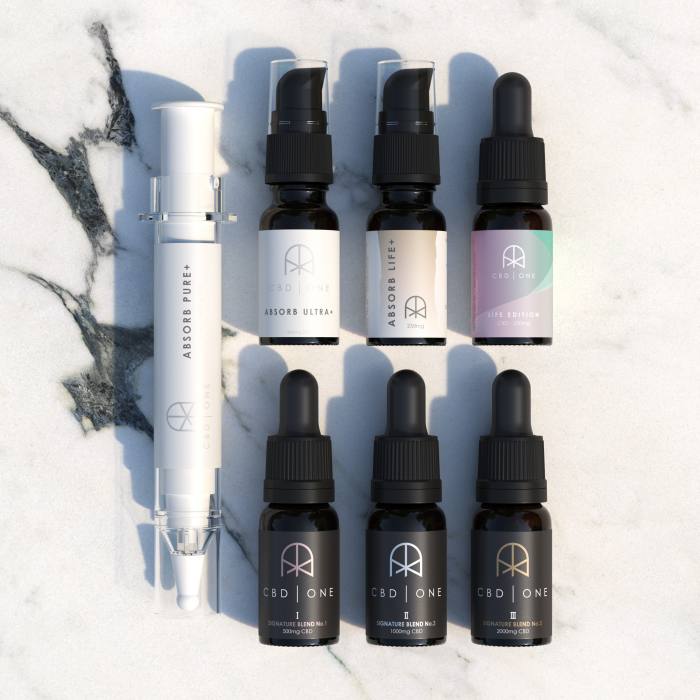
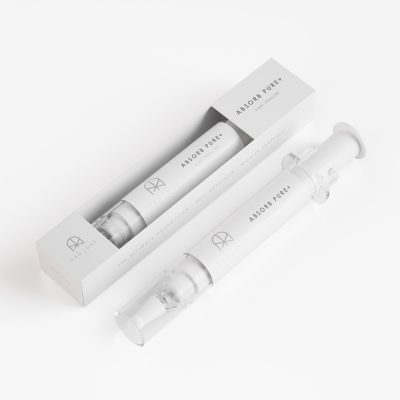
Bioavailability:?Bioavailability | 99% |
CBD content:?CBD content | 800mg | 1600mg | 4000mg |
Cannabinoid spectrum:?Cannabinoid spectrum | Full |
| Daily use: | Once daily |
Best for:?Best for | Powerful water-soluble option |
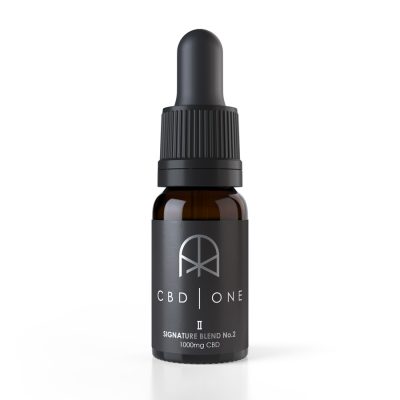
Bioavailability:?Bioavailability | 12 % |
CBD content:?CBD content | 1000mg | 2000mg | 5000mg |
Cannabinoid spectrum:?Cannabinoid spectrum | Full |
| Daily use: | 1-3 times |
Best for:?Best for | All round oil |
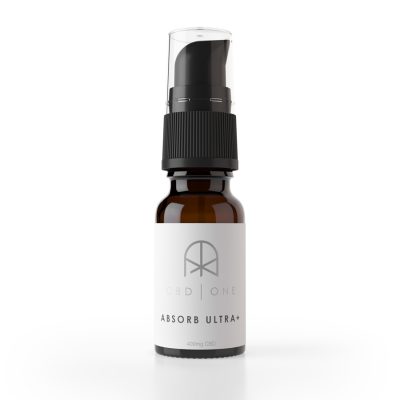
Bioavailability:?Bioavailability | 99% |
CBD content:?CBD content | 400mg | 800mg | 2000mg |
Cannabinoid spectrum:?Cannabinoid spectrum | Full |
| Daily use: | Once daily |
Best for:?Best for | Great all-rounder |
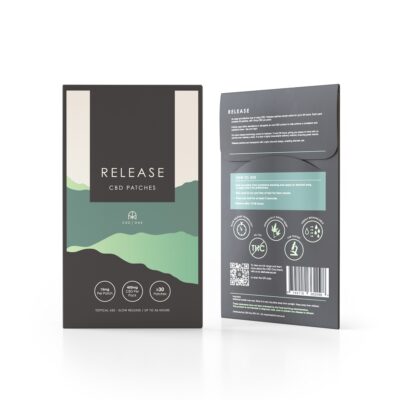
Bioavailability:?Bioavailability | 40%+ |
CBD Content:?CBD Content | 450mg | 900mg | 1350mg |
Cannabinoid spectrum:?Cannabinoid spectrum | Pure CBD |
| Daily use: | Once |
Best for:?Best for | Round the clock super-effective dosing |